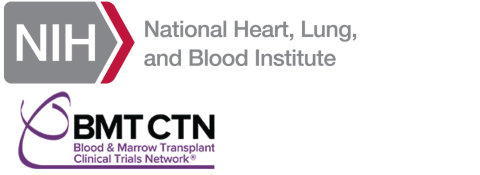Non-therapeutic Study Non-therapeutic Study: The purpose of a non-therapeutic study is to increase the understanding of a disease or condition through observation, data collection, or other methods. A non-therapeutic study does not provide treatment or intervention for participants. This type of research contributes to general knowledge that may benefit others in the future by improving treatment or developing new therapies. PLEDGE – Patients’ Long-term Experience on VOYDEYA (Danicopan): Gathering Evidence in the Real-World





